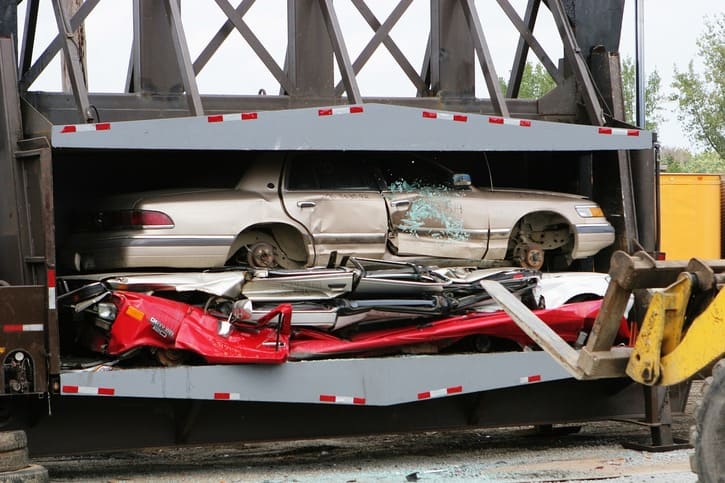EMR stands for End-of-Life Vehicle (ELV) Metal Recycling, and it refers to the process of dismantling and recycling a vehicle that has reached the end of its useful life. When a car can no longer be used, it may be taken to a scrapyard or recycling centre where it will be dismantled, and its parts will be recycled or reused. EMR is an important process for several reasons, including its environmental and safety benefits.
The process of EMR involves the careful dismantling of a car, where all of its usable parts are removed and sorted for recycling or reuse. The car’s metal components, such as the frame, engine block and wheels, are usually melted down and recycled into new metal products. The non-metallic components, such as plastics, rubber, and glass, are also recycled or disposed of in an environmentally friendly manner.
One of the primary benefits of EMR is that it helps to reduce waste and conserve natural resources. When a car is scrapped, its metal components are recycled, which helps to reduce the need for new metal production. This, in turn, reduces the demand for mining and extraction of raw materials, which can be environmentally damaging. Additionally, recycling non-metallic components of a car helps to reduce the amount of waste sent to landfills, which helps to conserve valuable landfill space.
Another benefit of EMR is that it helps to ensure the safe disposal of hazardous materials that may be present in a car. Cars contain a variety of hazardous materials, including batteries, engine oil, and transmission fluid. If these materials are not disposed of properly, they can pose a risk to human health and the environment. EMR ensures that these hazardous materials are safely removed and disposed of in a manner that meets all relevant safety and environmental regulations.
EMR also has economic benefits. Recycling a car can create jobs in the recycling and manufacturing industries. The recycled materials from the car can be used to make new products, which can be sold to generate revenue. Additionally, the recycling of cars can help to reduce the cost of producing new products by reducing the need for new raw materials.
There are also standards governing the dismantling and recycling of cars. These standards ensure that the process is carried out in a manner that maximises the recovery of usable materials while minimising waste and environmental impact. For example, the European Union has established the End-of-Life Vehicles Directive, which sets out requirements for the treatment of ELVs, including the recovery and recycling of materials.
In addition to regulations and standards, there are also certifications and accreditations that can help to ensure that the EMR process is carried out safely and effectively. For example, in the UK, there is the National Salvage Group (NSG), which is a group of recycling and dismantling companies that are committed to meeting high standards for environmental performance, health and safety, and customer service. The NSG is accredited by the British Standards Institution (BSI), which is an independent organisation that sets standards for quality management and environmental management systems.
In conclusion, EMR stands for End-of-Life Vehicle (ELV) Metal Recycling, and it refers to the process of dismantling and recycling a car that has reached the end of its useful life. The EMR process is important for several reasons, including its environmental, safety, and economic benefits. Scrap My Car Company ensures all of the EMR regulations are adhered to so you can rest assured that you are doing the best for the environment and the economy. Scrap your car today and get paid instantly.

